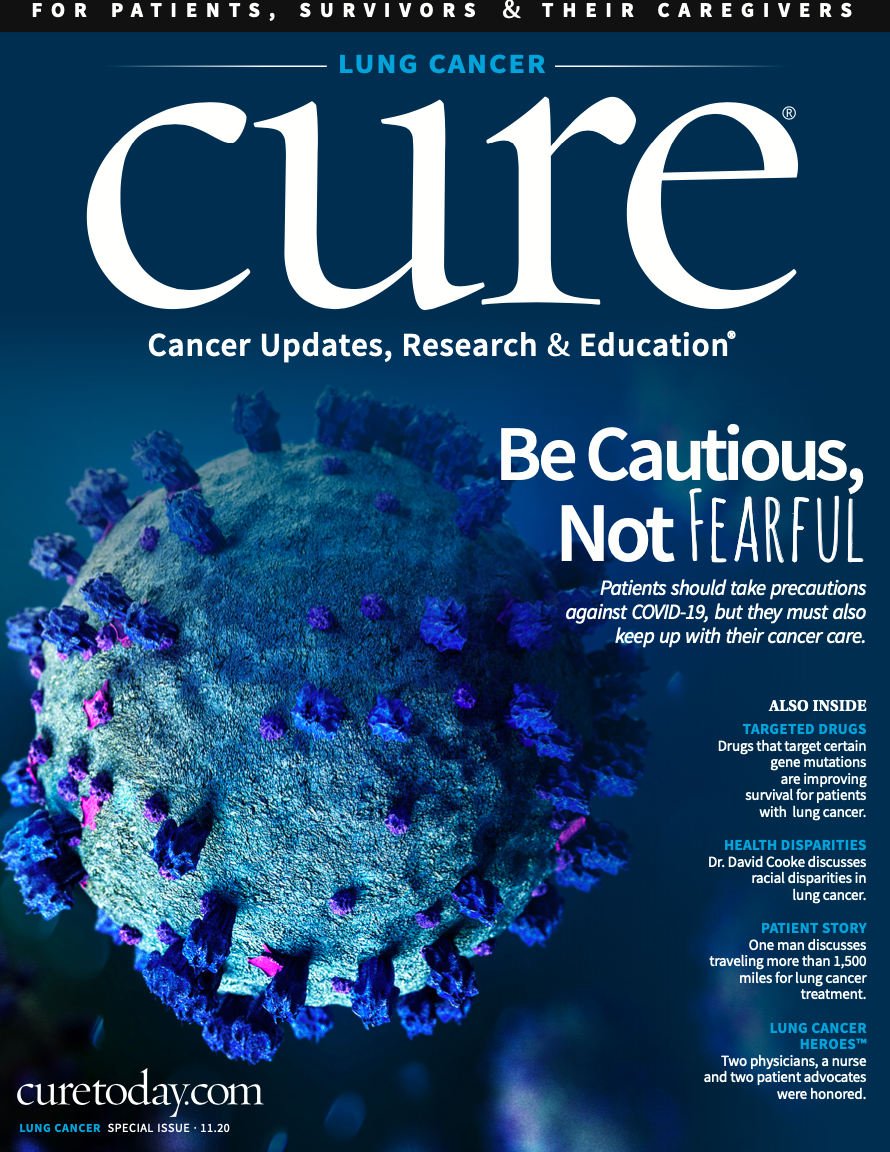Increased Importance: Rare Genomic Alterations in Lung Cancer
As our understanding of lung cancer broadens, experts are now looking to rare genomic alterations that lead to aggressive lung cancer.
For decades, lung cancer has been associated with tobacco smoking. Although it is clearly a risk factor, cutting-edge research has led to biologic discoveries that can explain why some people who have never smoked, especially young people, are receiving lung cancer diagnoses.
In understanding the biology of the disease that affects nearly 230,000 people each year in the United States, researchers have learned of both common and rare genomic alterations. A gene alteration is when changes occur in a patient’s DNA sequence, which makes up a gene.
For most cancers, there are a handful of common mutations, such as HER2 and RAS. In lung cancer, mutations in the EGFR gene are the most common and, interestingly, seen more often in nonsmokers, women and individuals of Asian descent. New drugs that target EGFR and are mostly effective when the gene is mutated have revolutionized cancer therapy.
But many rare mutations have been more elusive. In this special issue of CURE®, you’ll learn about several more recently discovered mutations in lung cancer — specifically, RET, ROS1, MET, PIK3CA, MEK1, EGFR T790M and exon 20 insertion mutations. They may look like alphabet soup, but these letters and numbers have great meaning, offering ways to target and attack cancer. Although researchers don’t know how to tackle many of them just yet, academic centers and pharmaceutical companies are devoting time, money and resources to learn how they work in the body to mutate cancer cells and to develop custom drugs — antibodies or engineered small molecules — to target the proteins encoded by the mutated genes.
The study of rare mutations, which used to be shunned just 10 years ago by drug companies, has now become more mainstream in helping patients in this subgroup. In addition, the research community is getting better and faster at developing and getting these drugs to the clinic in a timely manner — driving down the costs.
At the same time, more and more patients with advanced cancer are having their tumor genes sequenced because the cost of “next generation” sequencing has decreased and been made more widely available.
Despite the study of rare genomic alterations being new in lung cancer, it’s leading the way in the discovery process. By uncovering these rare mutations that are sometimes shared across different cancer types, researchers can understand their functional significance, targeted medications can be brought to market in one to two years and patients can reap the benefits by receiving a more personalized approach to their treatment regimen.
For more news on cancer updates, research and education, don’t forget to subscribe to CURE®’s newsletters here.
